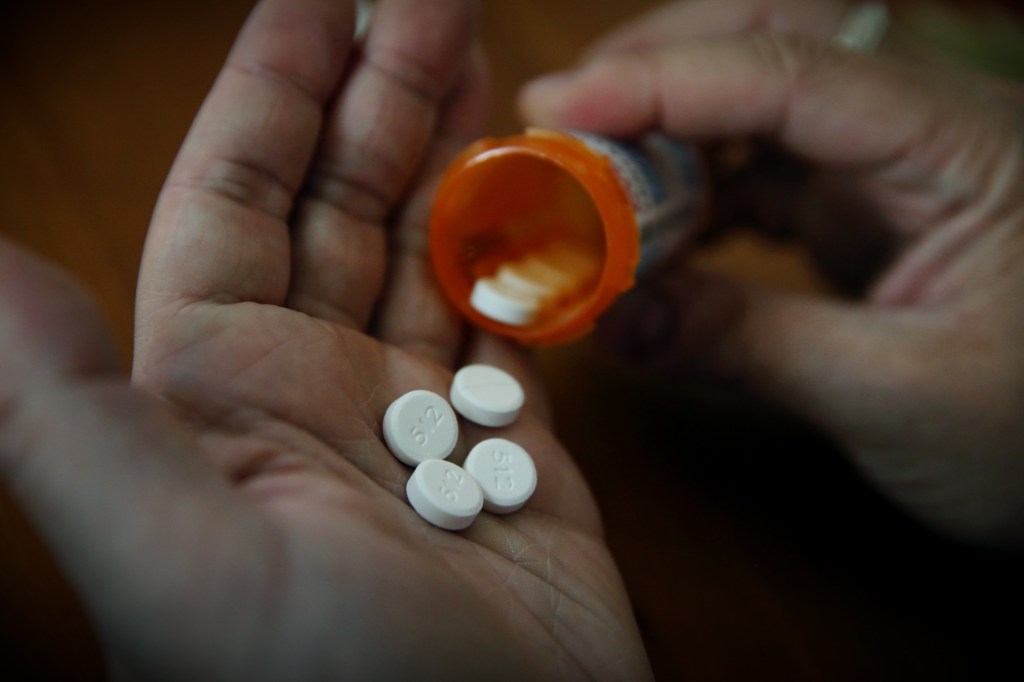
You don’t need to resort to the dark web to find your illicit pill counterfeiting presses and molds. Just go to eBay and you can get one like new for a great price! Or at least you could until recently, when the Justice Department sued the company for facilitating the sale of thousands of devices clearly intended for illegal purposes — and now eBay owes $59 million.
Pill presses are the things you use if you’re a drug manufacturer — or a counterfeiter — to turn raw materials into pill form. While there are no doubt some perfectly mundane home uses for the smaller varieties of these things, it’s hard to imagine anyone needing to make thousands of pills per hour unless they’re a drug runner.
Not only were pill presses being sold on eBay, but the same buyers were also picking up counterfeit molds, stamps, and dyes, which let them produce fake pills of specific medications. The DOJ news release notes that many of these buyers were subsequently prosecuted; I’ve asked for more information on that, since it sounds like eBay may have unwittingly acted as a huge honey pot.
Anyone can tell you the opioid epidemic in the U.S. is real, and easy access to pill-counterfeiting hardware can only make it worse. Scoring a bag of Oxy off the street after getting addicted to the real thing, and getting something laced with fentanyl instead — that’s the kind of mistake that can, and does, cost lives with disturbing regularity.
eBay contended in a statement that it had taken “actions” to remove these devices “prior to any request from the DOJ or other authorities, and years before the government turned its attention to these products.” It’s hard to square this with the settlement, which states that the relevant time period was late 2015 to the present, during which time eBay did not properly record or report sales of the machines, despite selling thousands of commercial-grade presses to residential addresses — and sold counterfeit stamps and such to the same buyers. I’ve asked eBay for clarification on this.
Whatever eBay’s “actions” were, they amounted to less than the authorities would prefer, and to avoid any admission of wrongdoing (as is tradition) they have agreed to pay $59 million and “enhance its compliance program with respect to its prohibited and restricted items policy.”
In case you hear a bell ringing somewhere in your mind, this is a different case from that brought in September over the sale of illegal and dangerous pollutants.
DOJ says eBay sold thousands of illegal, poisonous and polluting products
